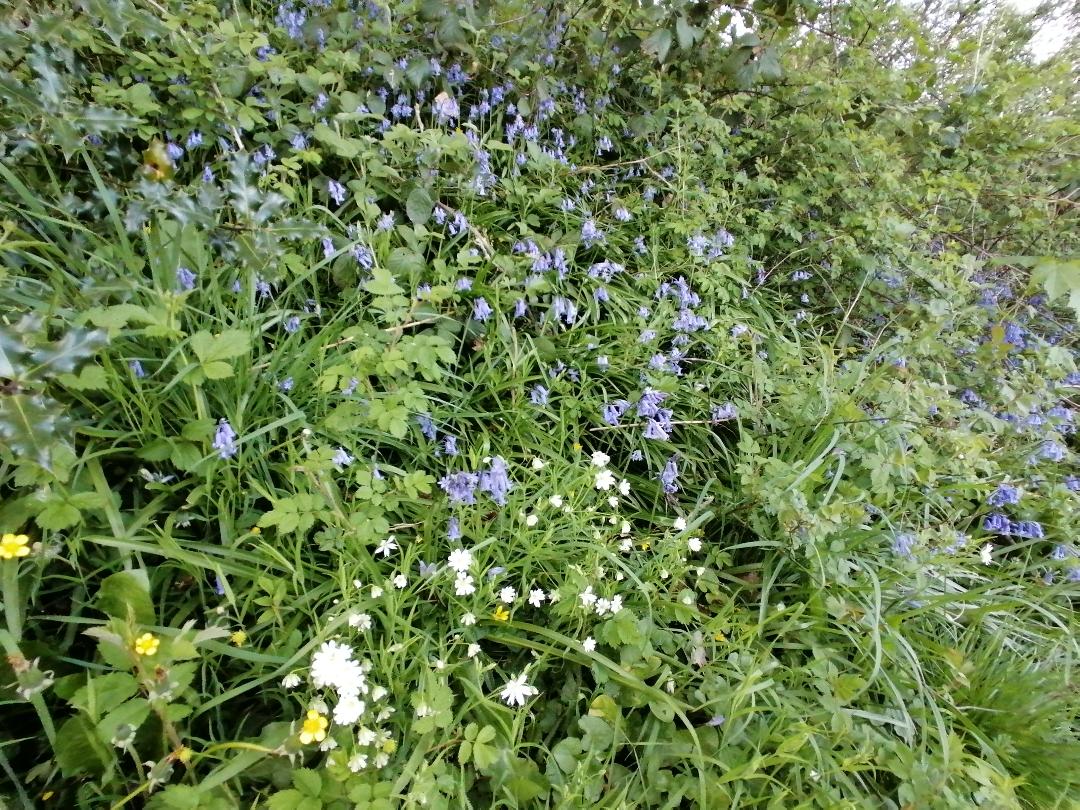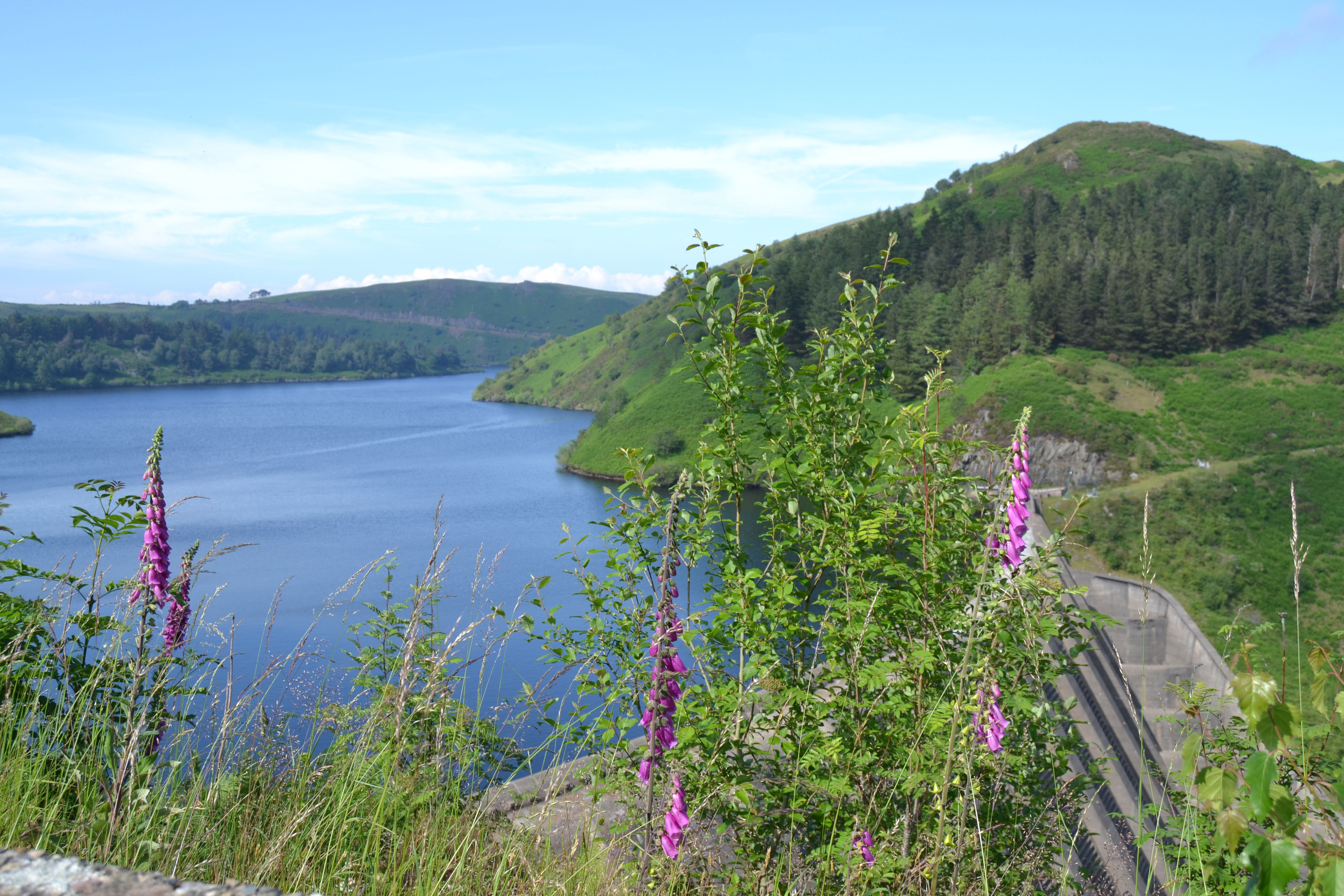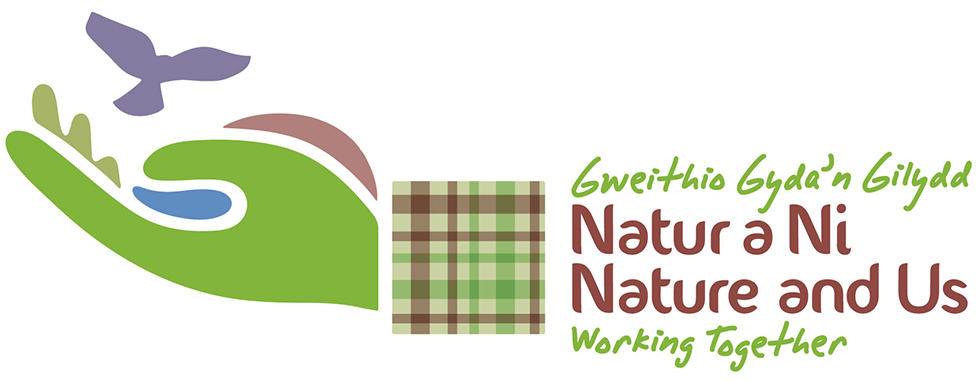Well-being
There is increasing evidence that more time spent in nature improves our mental health and general well-being. This is true for all sections of society. Farmers spend a great deal of time working outdoors but often do this in isolation. It is common for farmers to do entire days without seeing anyone, and social isolation can lead to a lack of support or a lack of other people noticing mental illness symptoms.
Women, farmers who keep livestock and those running smaller enterprises are the most likely to be struggling with their mental health, results from the Royal Agricultural Benevolent Institution’s (Rabi) Big Farming Survey (Oct 2021) have revealed.
The research was carried out by academics at the University of Exeter from January to April this year, supported by Farmers Weekly, and attracted more than 15,000 responses – mostly farmers.
Organisations such as the Maesmawr Group allow farmers to come together to learn, contribute their expertise and enjoy some social interaction (with due regard to covid rules).


There are barriers to access to leisure centres and other recreational facilities. These include travel links and costs. By having a wide-ranging of footpaths and bridleways across Powys, there are more opportunities to exercise from home, free of charge.
The socio-economic barriers to a healthy lifestyle can be overcome by development of these resources and education about local, seasonal food which can reduce food miles and the carbon used in growing and transportation.
How can the Nature and People Working Together project help with these issues? The Group have already been planning options to help and been hard at work putting these in place…
Green and Blue Health
“Exposure to green and blue spaces has been linked to improvements in physical health including a reduction in cortisol levels, blood pressure, cholesterol and increases in self-reported health; there is also growing evidence of the benefits for mental health and wellbeing” (NHS Health Research Authority).
“Natural environments and accessible green and blue spaces play a direct and indirect role in
health and well-being” (World Health Organisation). They can mitigate climate change impacts and lower the risks of disasters,as well as support active recreation; they provide a place to relax and leave daily stress behind for a while. Recent studies have shown that being able to spend time in nature is something that communities experiencing COVID-19 lockdowns have particularly missed.
Although it has long been understood that green and blue spaces play an important role in addressing both human and ecosystem health, it has only been in recent times that these relationships have been specifically investigated. This has become even more important within the context of needing to adapt planning and land use to several social and environmental challenges, such as deprivation, biodiversity loss, pollution and climate change.


In Nature and People Working Together, the focus has been on “Nature and Us” with each supporting the other. The project has started work on improving public access to bridleways, footpaths and cleaning the waters that provide life to these areas.
Two sections of bridleway near Llandinam have been upgraded, a public footpath near Pontdolgoch has been enhanced and three resting sites with picnic tables and benches installed. A pool near a public road near Llanidloes is being restored and several other pools created. Tree planting is taking place along some of these and many hedges are being restored within view of public roads. A “rhos” field area near footpaths and roads in Caersws is being carefully grazed by a small number of cows to maintain its plants and wildlife. Rivers are being fenced off to reduce pollution by cattle and sheep.
These are just a few examples of the work being undertaken to support green and blue spaces for health and well-being.
Get in touch
E-mail: severncatchment@aol.com
